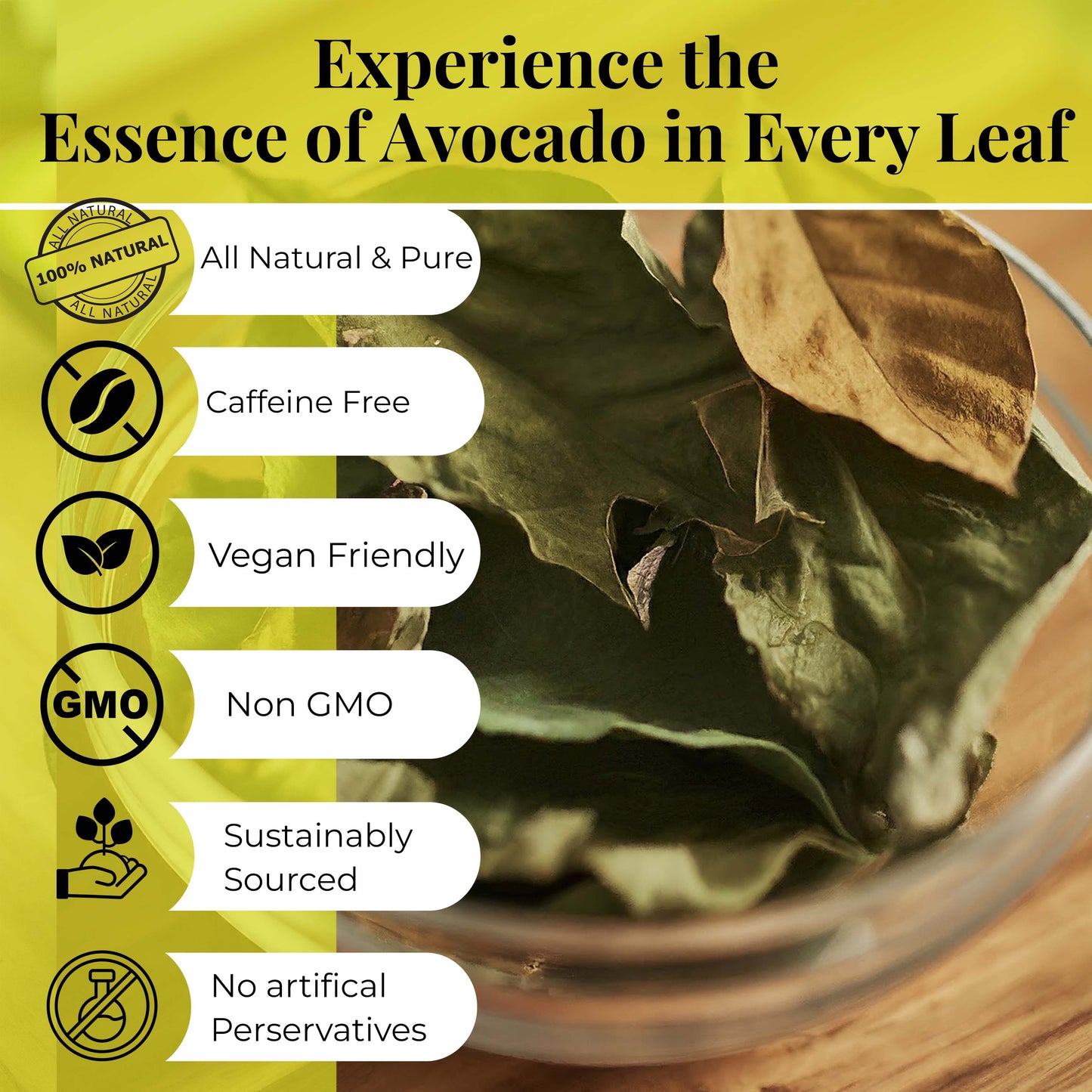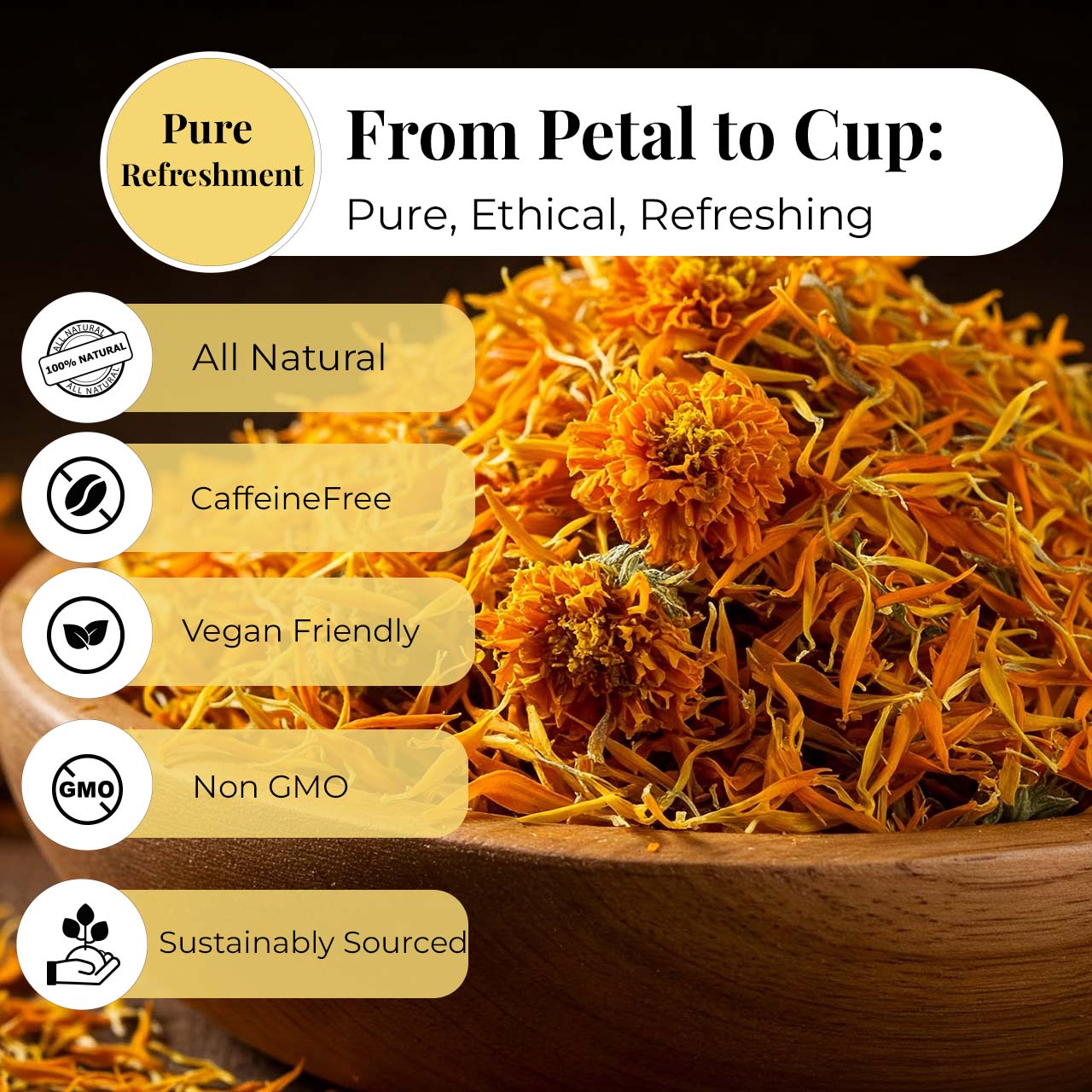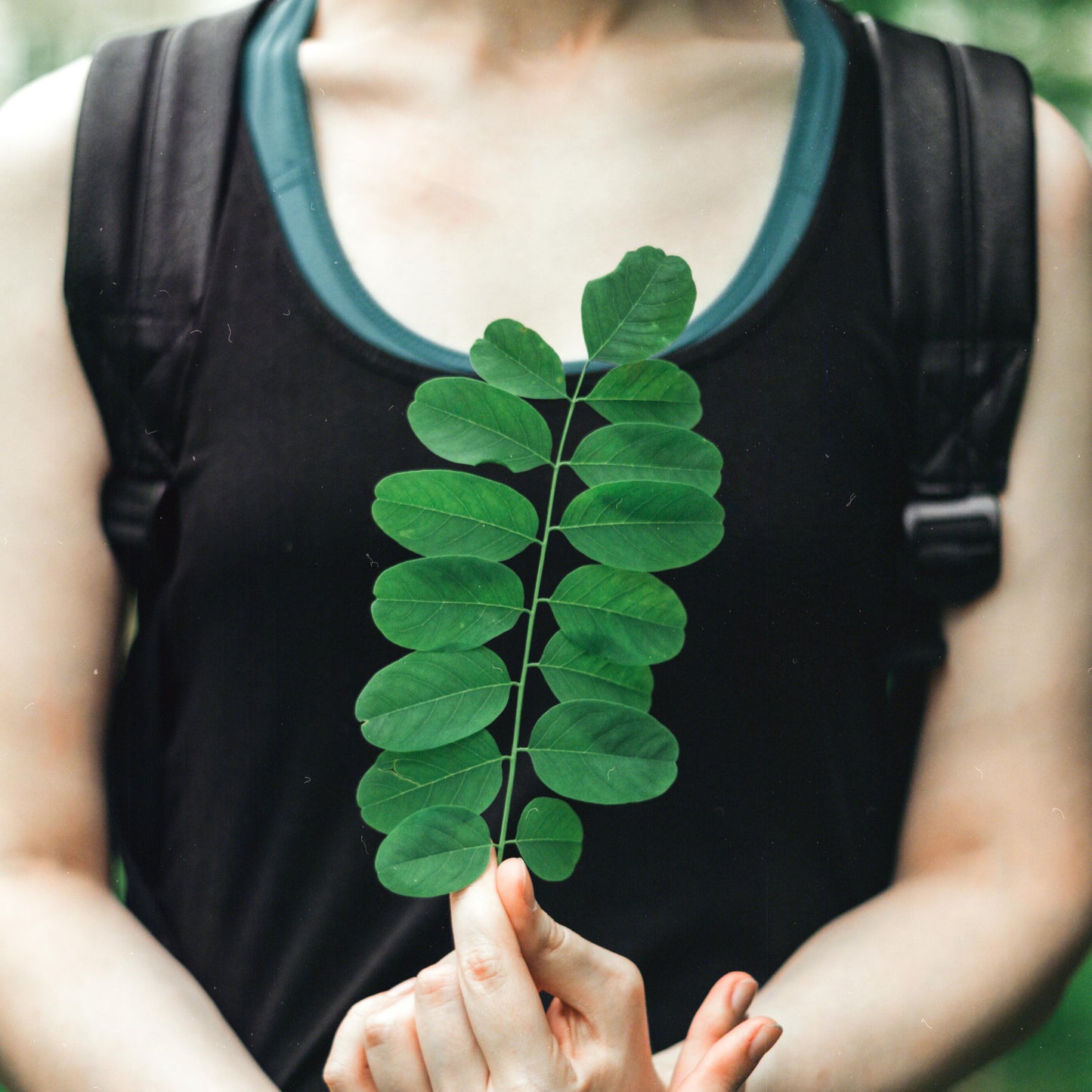What Is Moringa?
Moringa, often dubbed the “Miracle Tree,” is a fast-growing, drought-resistant tree native to South Asia and Africa. Its botanical name is Moringa oleifera, and almost every part of the tree is edible. But today, we’re zoning in on the mighty moringa leaves — the green gold of the natural health world.
A Brief History of Moringa Oleifera
Used for centuries in Ayurvedic medicine, moringa has treated everything from anemia to high blood pressure. Warriors in ancient India consumed it for strength. Now? It's trending globally for all the right reasons.
Why Is Moringa Called the “Miracle Tree”?
Because it's packed with nutrients, grows like crazy in poor soils, and its leaves alone offer over 90 nutrients! That’s right — it's nature's multivitamin, straight from the tree.
🍃 Nutritional Powerhouse
Nutritional Profile of Moringa Leaves
One cup of chopped fresh moringa leaves gives you:
-
2g of protein
-
19% of your daily Vitamin B6
-
12% Vitamin C
-
11% Iron
-
9% Vitamin A
-
8% Magnesium
And that’s just the beginning.
Comparison with Other Superfoods
Moringa has:
-
7x more Vitamin C than oranges
-
4x more calcium than milk
-
3x more potassium than bananas
-
2x more protein than yogurt
Impressive, right?
Daily Recommended Intake
A teaspoon of dried powder (around 2g) per day is a good start. Want to go further? Gradually increase the amount, but always listen to your body.
🌟 Moringa Leaf Benefits
Immune System Booster
Moringa is rich in Vitamin C, beta-carotene, and zinc — the holy trinity of immune support.
Rich in Antioxidants
It contains quercetin and chlorogenic acid, two powerful antioxidants that fight oxidative stress.
Anti-Inflammatory Effects
Moringa helps reduce inflammation, the silent root of many chronic illnesses like arthritis and heart disease.
Supports Brain Health
Thanks to its high content of vitamin E and C, moringa protects brain tissues from oxidative damage and may even enhance memory.
Helps Regulate Blood Sugar
Studies show moringa can reduce fasting blood sugar levels, making it a natural aid for managing diabetes.
Aids in Digestion
High fiber content and antibacterial properties make moringa a digestive friend — relieving bloating, gas, and even constipation.
Benefits for Skin and Hair
Packed with antioxidants and amino acids, moringa promotes clearer skin and stronger, shinier hair.
🥄 Moringa Leaf Powder
What Is Moringa Powder?
Moringa leaf powder is simply the dried and finely ground form of fresh moringa leaves. It’s easy to store, versatile, and potent.
How It's Made
Leaves are:
-
Washed
-
Shade dried
-
Ground into fine powder
-
Stored in airtight containers
Nutritional Benefits of Moringa Powder
You get concentrated nutrients — iron, calcium, potassium, amino acids, and antioxidants — all in one green scoop.
How to Store It
Keep it in an airtight glass jar in a cool, dark place. Use within 6 months for max potency.
💪 Moringa Leaf Powder Benefits
Energy and Vitality
Tired of that 3PM crash? Moringa gives natural energy without caffeine. Think of it as nature’s energy drink — minus the jitters.
Detoxification and Cleansing
Moringa helps cleanse your liver and kidneys, flushing out toxins with its rich chlorophyll content.
Weight Management
Thanks to its fiber and metabolism-boosting compounds, moringa helps reduce cravings and fat storage.
Heart Health Support
It helps lower bad cholesterol (LDL) and supports healthy blood pressure — your heart’s best friend.
🍵 Moringa Leaf Tea
What Is Moringa Tea?
It’s tea made from dried moringa leaves. Earthy, slightly bitter, and oh-so-soothing.
Health Benefits of Drinking Moringa Tea
-
Promotes better sleep
-
Boosts metabolism
-
Enhances mental clarity
-
Reduces inflammation
How to Brew the Perfect Cup
-
Boil water
-
Add 1 tsp dried moringa leaves
-
Steep for 5–7 minutes
-
Optional: add honey, lemon, or ginger
🧠 How to Use Moringa Leaves
Raw, Cooked, or Dried – Which Is Better?
Each has benefits:
-
Raw: maximum vitamins
-
Cooked: easier on the stomach
-
Dried/powdered: concentrated and convenient
Dosage and Tips
Start small — 1 tsp/day — and gradually increase to 1 tbsp/day for powder. For tea, 1–2 cups daily is ideal.
Side Effects and Precautions
Generally safe, but avoid excessive intake. Not recommended during pregnancy without doctor advice.
🍲 Moringa Leaves Recipes
Moringa Smoothie
-
1 banana
-
1 cup almond milk
-
1 tsp moringa powder
-
Ice and blend!
Stir-fried Moringa Leaves
-
Sauté garlic in oil
-
Add fresh moringa leaves
-
Cook for 3 minutes with salt
-
Done!
Moringa Leaf Soup
A nourishing blend of broth, onions, garlic, moringa leaves, and coconut milk.
Moringa Tea Recipe
-
1 tsp dried moringa leaves
-
Steep in hot water
-
Add honey and lemon if desired
💧 How to Prepare Moringa Leaves for Drinking
Fresh Moringa Leaf Infusion
-
Rinse fresh leaves
-
Crush gently
-
Steep in hot water for 10 minutes
Cold Brew Moringa Tea
-
Add leaves to cold water
-
Let sit overnight
-
Refreshing and less bitter!
With Lemon, Honey, or Ginger?
Yes, yes, and yes! These additions enhance flavor and health benefits.
🌿 Moringa Oleifera Powder: More Than Just a Trend
Why It’s Popular Among Health Enthusiasts
Because it works! From bodybuilders to yogis to busy moms — everyone loves its nutritional punch and versatility.
Best Ways to Include It in Your Diet
-
Mix in smoothies
-
Add to soups and stews
-
Sprinkle on salads
-
Stir into yogurt or oatmeal
🧾 Conclusion
Moringa oleifera isn't just a health fad — it's a nutritional powerhouse with a deep-rooted history and an impressive list of benefits. Whether you sip it as tea, sprinkle its powder on breakfast, or stir-fry the leaves for dinner, moringa is a versatile and easy way to supercharge your health naturally.
🙋♀️ FAQs
1. Can I take moringa daily?
Absolutely! Just stick to 1–2 teaspoons of powder per day or 1–2 cups of tea.
2. Is moringa safe for children?
Yes, in small amounts. But always consult with a pediatrician first.
3. Can moringa help with weight loss?
Yes! Its fiber, energy boost, and appetite suppression make it a great addition to weight management plans.
4. What does moringa taste like?
It has an earthy, spinach-like taste with a hint of bitterness, especially in tea or raw form.
5. Can I grow moringa at home?
Definitely! If you live in a warm climate, moringa trees grow fast and require little maintenance.




























